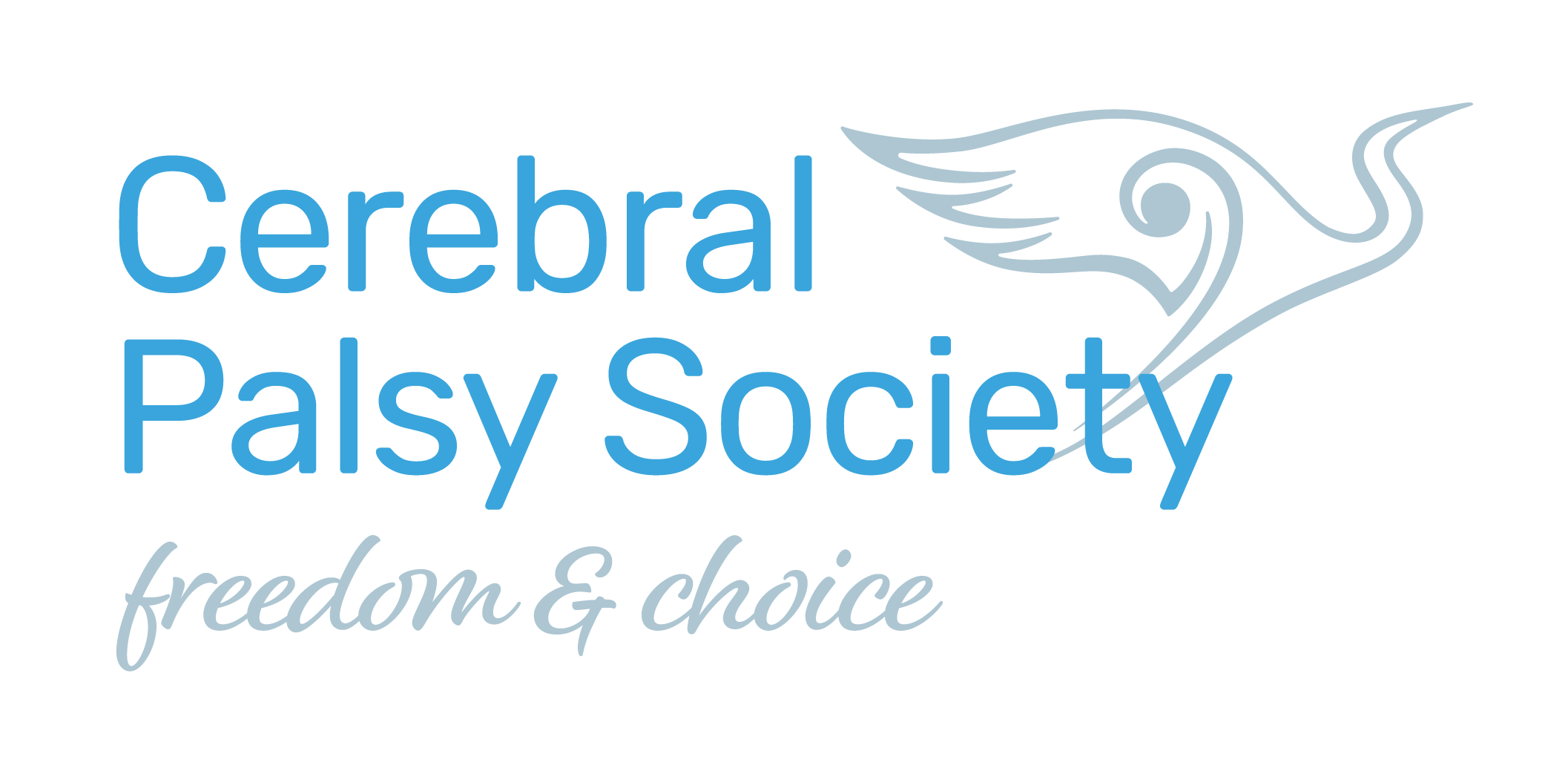Research
Shaping health research in NZ
28 Jun 2023
A shift is needed towards more people with Cerebral Palsy setting Cerebral Palsy health research priorities.
By Anna Mackey and Amy Hogan
The involvement of individuals with Cerebral Palsy (CP) in decision making about their health and wellbeing is essential.
This fact is well supported in a recent editorial in The Lancet Neurology scientific journal (1). The article calls for greater progress to achieve health equity for individuals with CP and faster action to address the aims of a 2022 World Health Organisation (WHO) Global Report on Health Equity for People with Disabilities (2).
As an initial step the WHO report recommends ‘..the active involvement of people with disabilities in health research’ (1).
Involvement in research in this instance means individuals with CP are shaping, advising, and leading research, making sure it is meaningful, meets needs and makes sense.
Examples of this action are in practice to a limited degree, with consultation with CP organisations or individuals required for health research in the New Zealand setting.
However, there is much greater involvement that is needed to make health research more meaningful, authentic, and effective in addressing the known health inequities in Aotearoa New Zealand, for Māori and individuals with disabilities.
The Australian organisation, CP Alliance, has begun a consumer engagement research group, CP Quest3, which seeks interest from individuals and families with lived experience of CP to help shape research priorities of the organisation and collaborate with health researchers in varied ways, depending on the planned project and the individual.
Examples of (paid) collaboration range from being on a research project advisory group, to a one-off review of content on project information sheets.
While it can often seem like change in research is slow and far removed from everyday experiences, there are positive elements to come out of recent calls for change and equity in the CP information space.
Such changes are particularly noticeable when looking at the idea of CP as a lifespan condition.
In the last 10 years, there has been an increase in studies and academics who specialise in the experiences of people once they leave the paediatric system and navigate adulthood with the long-term condition.
There is a shift to recognise that what happened in childhood and therapy intervention can lay the blueprint for later years and the prospect of staying well.
There does still remain a narrow focus, with adult population projects being predominantly on mobility and gait; with gaps in knowledge around long term outcomes and how to support activity and participation for adults (4).
Again, the goal for future research is to ensure greater involvement of adults living with CP in setting research priorities.
Of course, the most important part of research is giving the knowledge back to the community.
Here are some recent highlights in the lifespan space.
• CPS and Auckland University are working with students to study and write up research on adults living with CP and transition projects.
• There are books, papers, and peer reviews on the experiences of adulthood including exercise, participation, pain and fatigue management, as well as life domains and employment.
• Several initiatives have been designed to map CP through the lifespan. While these are international at the moment, New Zealand is starting to follow the same basic principles in terms of future advocacy.
• Different elements of medicine and health are starting to be responsive to demands for change particularly when examining the gaps in services. For example, the introduction of the reforms and the formation of the Ministry of Disabled People (Whaikaha).
If you have an interest in shaping knowledge translation and the research agenda, contact us (amy@cpsociety.org.nz) for ways to help with the CPS’s advocacy initiatives.
CPS and NZCPR are keen to take action to ensure greater involvement in decision making from people with lived experience.
We are forming a CPS Research Hub of individuals and families, to assist in building NZ’s health research to be responsive to people’s needs. Watch out for upcoming promotions for our next get together.
References:
(1) Lancet Neurol. 2023 Feb;22(2):101. doi: 10.1016/S1474-4422(23)00006-6
(2) Global report on health equity for persons with disabilities – www.tinyurl.com/h9w4bkbh
(3) Community involvement in CP Research – www.tinyurl.com/muk9n8dj
(4) Mapping the focus of research conducted with adults with cerebral palsy: an overview of systematic reviews, Hickey et al. Disability and Rehabilitation 2023, Vol. 45, No. 2, 185–208 https://doi.org/10.1080/09638288.2022.2032412
Anna Mackey is Cerebral Palsy Society’s Project Manager, New Zealand Cerebral Palsy Register, and Amy Hogan is the Society’s Researcher and Member Support Advisor.
This article was originally published in the May to August 2023 edition of The Review magazine.
For more information:
Melanie Louden
Communications Manager
melanie@cpsociety.org.nz
Mobile: 022 087 8191
RECENT POSTS
- Navigating change in the health and disability landscape
- Update: Respiratory and oral health in children and young adults with CP in Aotearoa New Zealand
- Understanding fatigue in disability: Insights and strategies
- The practicalities of disability and sleep
- Understanding latest advancements: hype, hope, and practicalities


